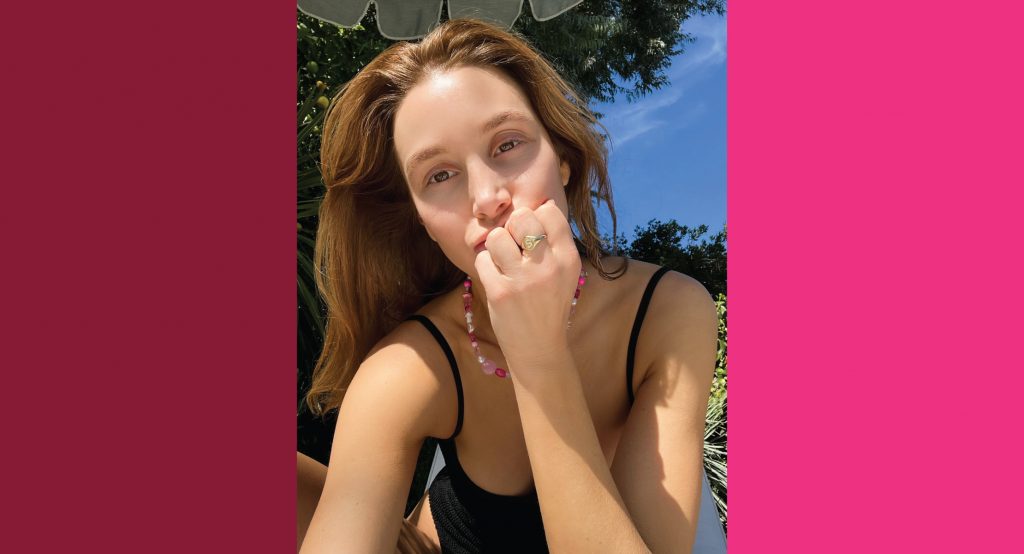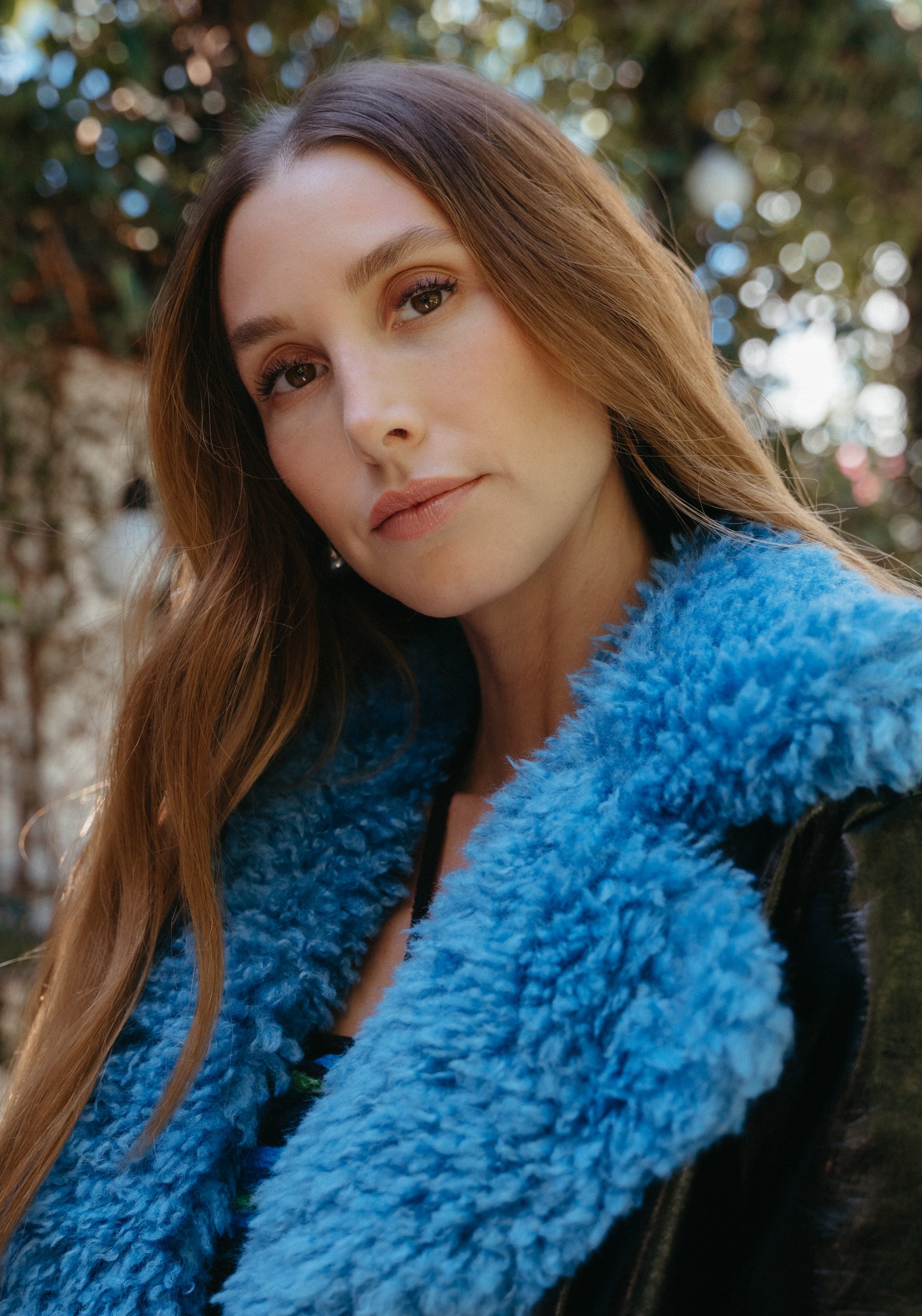Hi Parents!
I think we can all agree that the past year+ has been a whirlwind that we didn’t expect. Parenting is hard enough. Add a pandemic on top and…well I am just thankful we have gotten as far as we have! Now more than ever, we need to make sure we continue to educate our children on the updates of COVID-19 and the vaccine. I thought it would be great to bring someone here to help us out.
Dr. Christina Johns is the Senior Medical Advisor and Vice President of Communications for PM Pediatrics. As Senior Medical Advisor, she serves as the face of PM Pediatrics, responsible for sharing a wealth of pediatric expertise with patients and families everywhere. After completing her Pediatric residency at Johns Hopkins, she moved to Washington, D.C. for a postdoctoral fellowship in Pediatric Emergency Medicine at Children’s National Medical Center. She continued on the faculty at the George Washington University School of Medicine working as an attending physician and assistant division chief in the Emergency Medicine and Trauma Center at Children’s National for 15 years. During that time obtained a master’s degree in education from the George Washington University School of Education.
Hope you find this helpful! Stay safe!
xo,
Whit
Talking to Young Children About the COVID-19 Vaccine
By: Dr. Christina Johns
Kids are amazingly sharp, aren’t they? I see this in my practice every single day. Even very young ones pick up new information so fast. Toddlers regularly figure out how to work smartphones and tablets, and there are plenty of elementary-age kids who seem to be able to read the tone of a room better than a lot of adults. We need to keep all this in mind as we start to think about how we want to talk to our younger children about the COVID-19 vaccine, as it will surely be coming their way in the not too distant future. While every individual is different and there is no one standard way to approach this conversation, here are a few concepts to consider as you enter into this wily territory of discussion.
Delivery matters: How you communicate is as important as what you communicate.
First, make sure you have an accurate understanding of what your child already knows about COVID-19 and the vaccine. This will help guide you regarding where to start, which may or may not be at the very beginning. Using simple words that describe the facts, without too much additional information, ensures kids understand what’s going on without getting weighed down with confusing or even frightening details. For example, it may be enough to simply state that “the vaccine is one way to protect you against germs. Washing your hands is another.” For some children, a more complex explanation may be required, and that’s okay, as long as it’s not so full of complicated information that it overwhelms them. Keep your tone conversational and dispassionate—the goal at this moment is to share information, not emotion.
Encourage kids to ask questions.
And answer them honestly. Responding with “I don’t know” is perfectly acceptable, and adding on “let’s try to find out” or “scientists are working on answering that question” is a good way to help them get comfortable with uncertainty. It’s important to remember that the pandemic and the uncertainty surrounding it hasn’t been easy for any of us to embrace over the past year. As such, I find that it’s helpful to couple uncertain answers with reassurance (see below), so that kids continue to feel safe despite the unknown.
Timing can have an impact on your conversation.
Pick a peaceful, calm time to talk about this topic. The hour immediately following routine booster shots may not be a moment conducive to having an unemotional discussion about an upcoming vaccine, so be intentional about when you have the time and mindset to do so effectively, where you can give your child undivided attention. Find a time where both you and your child can sit down and have an honest conversation about COVID-19 and what the vaccine entails. Questions are bound to arise and this may take more time than you anticipate. It’s important that neither you nor your child feels rushed through the conversation and that your child feels comfortable voicing their concerns and questions.
Acknowledge kids’ fears and reassure their safety.
Reassurance about safety is a theme worth repeating throughout any conversation you have with your child, either about COVID-19 or any other difficult topic. I haven’t met too many kids who like getting shots, so they may naturally have a negative or fearful reaction to the entire notion of getting another. In this case, it’s helpful to reframe the conversation to help them understand that while it may not be fun to get the vaccine, it will be over quickly. It’s also beneficial to remind children that the vaccine will protect their bodies and keep them healthy which is one step closer to bringing their lives back to “normal” where they can see and play with their friends.
Offer opportunities for choice and autonomy when you can.
Feeling out of control is not a well-liked sensation among anyone, including young kids. Although children may not have a choice about whether or not they are going to get the COVID- 19 vaccine, they may align with you and the situation if you can find ways to give them some control. Things to consider letting your child weigh in on include what time of day their appointment is, which arm they get the shot in, or what special treat they get afterward (doesn’t have to be a material gift, can be a special game or one on one time with a parent). Don’t underestimate younger kids’ ability to grasp general concepts related to the pandemic; their awareness is incredible. By involving them in deliberate, developmentally appropriate, targeted conversation about the COVID-19 vaccine, you have a better chance of reaching them where they are in terms that they understand, turning a typically unhappy trip to the doctor’s office for a shot into a positive one that leans into science creates a connection between you and your child, and empowers them to be health advocates for themselves and others too.







